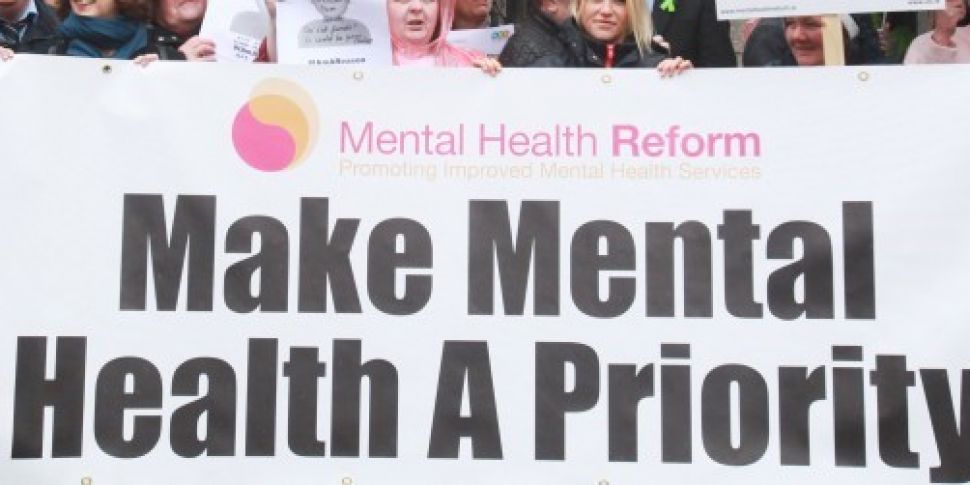Mental health advocates are warning that vulnerable children and teenagers are being left to fend for themselves because of the State's failure to provide adequate mental health services.
Newstalk Breakfast this morning revealed that many young people are being left on waiting lists for over a year before being seen by specialists.
More than 2,500 children & adolescents are on waiting lists at the moment nationally.
There is, however, a massive regional variation in the figures: children in the north-west and south-west are the worst serviced in terms of how long they wait.
In both regions, around 50% of children wait over six months before being seen by a mental health specialist. In the north-west, around 20% wait for 12 months or longer after being referred.
The mental health needs of the children are often so acute that parents, school counsellors and even GPs will not be able to adequately address them - so the young people affected are often left battling their demons on their own.
Naoise Kavanagh works with the youth mental health charity reachout.com, which also offers support services for parents. She spoke to Newstalk Breakfast report Kieran Cuddihy about the sort of problems these long waiting times can cause.
"When someone has gotten a referral from their GP to go to a CAMHS [Child and Adolescent Mental Health Services] clinic, they're kind of at the point where they're so distressed anyway," she explained. "To be told that they're going to get this referral is a little bit of a relief. But then to have nothing for the next six months is a really terrifying place for parents and young children to be.
"We frequently get calls from parents who have been referred on by their GP, and then they hear nothing for months. They're completely lost about what to do in the interim."
'Parents are terrified'
One concern many experts raise is that you cannot 'pause' the progression of a mental health problem for 12 months. A year is a particularly large chunk of any 14-year-old or 15-year-old's life.
As well as the impact on the children or teenagers themselves, such long waiting times can have a major effect on those around them.
Naoise said that parents are often terrified in these situations.
She explained: "It's that sort of sense of 'I don't know what to say... I don't want to agitate the situation'. Parents feel really lost.
"And then of course there's the impact on other siblings - [they're seeing] behaviour that they can't connect with, and possibly whatever they do doesn't really make a difference."
Waiting lists are heavily impacted by staff numbers. There may be vacancies or staff shortages in some regions - in key positions such as consultant psychiatrists, psychologists or social workers - that are not an issue elsewhere in the country.
Kieran spoke to an individual from NEPS, the Department of Education's child psychology service. This individual contended that the numbers waiting for treatment may in fact be much higher than 2,500.
They suggested some children are waiting to get on the waiting list - after being referred to CAMHS and then referred back to GPs or NEPS, they will inevitably be referred back to CAMHS again.
This all comes against the backdrop of various public campaigns & initiatives to encourage people to be more open about their mental health.
Shari McDaid of Mental Health Reform argues that such messages ring a little hollow if the assistance is not there once people summon the courage to ask for help.
She observed: "Over the last few years, we have seen huge increase in the demand for child & adolescent mental health services.
"It's coming from the distress that's out there among children, and also it's coming from the fact that maybe parents are more open about acknowledging that that's the kind of support that their child needs.
"But you can't raise awareness around the need to get people support and not have that support in place," she added. "It's absolutely imperative that the raising of awareness is met by having increased support, increased capacity in the support services - and that has not been achieved in Ireland at this point."









